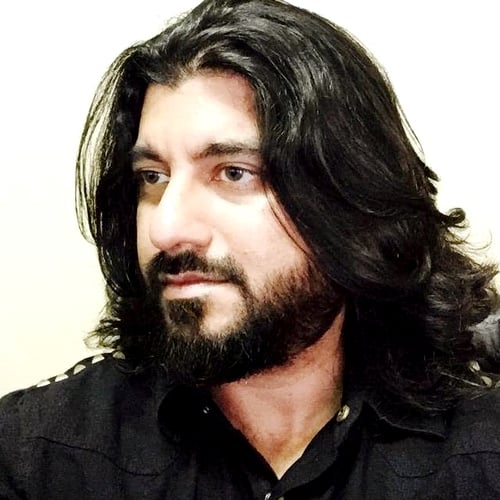
The Crime of Family Separation & the Compassion of a Muslim Sultan
Introduction
Notes
[1] Baha al-Din Yusuf bin Rafiʿ (1145-1234 CE), called Ibn Shaddad, an Iraqi traditionist and jurist from Mosul who accompanied Saladin in the Crusades. He died in Aleppo, Syria.
[2] Salah ad-Din Yusuf ibn Ayyub (1137-1193 CE), known popularly as “Saladin” or "Salah al-Din,”was the founder of the Ayyubid dynasty. A Sunni Muslim Kurd of the Shafiʿi rite, Saladin led the Muslims against the Crusaders. At the height of his power, he reigned over Egypt, Syria, Iraq, the Hijaz, Yemen and other parts of Africa.
[3] The Rare and Excellent History of Saladin (al-Nawadir al-Sultaniyya wa'l-Mahasin al-Yusufiyya), Baha’ al-Din Ibn Shaddad, Translated by D.S. Richards, 1st Edition (2002), p. 37.
[4] Musnad Ahmad nos. 22988, 23002, Sunan al-Tirmidhi no. 1283, Sunan al-Darimi no. 2479, Sunan al-Daraqutni no. 256/3014, Mustadrak al-Hakim no. 2381.
[5] Muwaffaq al-Din Abdullah ibn Aḥmad (1146-1223 CE), popularly known as Ibn Qudamah and also with the epithet al-Maqdisi indicating his patronage to Jerusalem. He was a Sunni Muslim jurist, theologian, and mystic. He was from a town called Jammaʿil known today as Jammaʿin neighboring Nablus in the West Bank.
[6] Aḥmad Ibn Muḥammad Ibn Ḥanbal (780-855 CE), often referred to as Aḥmad ibn Ḥanbal or Imam Aḥmad, was a Sunni Muslim jurist, theologian, ascetic, and traditionist. He is the founder and namesake for the Hanbali rite which is one of the 4 canonical rites of Sunni Islamic law.
[7] Saladin: The Politics of the Holy War, M.C. Lyons, D.E.P. Jackson, Cambridge University Press (1982), p. 373.
[8] The Invention of Race in the European Middle Ages, Geraldine Heng, Cambridge University Press (2018) p. 171.
[9] The Holy Qur’an 5:8, translated by Abdullah Yusuf Ali.
[10] Abu Jaʿfar Muḥammad ibn Jarir al-Ṭabari (839-923 CE), known commonly as al-Tabari, was an influential Persian scholar, historian, and exegete of the Qur'an from Tabaristan, Iran. He is best known for his expertise in Qur'anic exegesis, Islamic jurisprudence and world history. Though coming from a background in the Shafiʿi rite of law, he had developed his own rite of law which is no longer extant.
[11] Pope Urban II (1035-1099), born Odo of Châtillon succeeded Victor III as Pope from 1088 to 1099.
[12] Fulcher of Chartres (1059-1128 CE) was a priest who participated in the First Crusade. He served Baldwin I of Jerusalem and wrote a chronicle of the First Crusade in Latin.
[13] The Siege of the City of Jerusalem, Gesta Francorum Jerusalem Expugnantium, Fulcher of Chartres, in Frederick Duncan and August C. Krey, eds., Parallel Source Problems in Medieval History (New York: Harper & Brothers, 1912), pp. 109-115.
[14] al-Malik al-Kamil Nasir al-Din (1177-1238 CE), referred to as al-Kamil or as Meledin in Western sources, was a nephew of Saladin and was the fourth Ayyubid sultan who defeated the Crusaders in the Fifth Crusade.
[15] Thomas Olivier or Thomas Oliver (1196-1227 CE), also known as Oliver of the Saxon, Oliver von Paderborn, Oliver of Cologne, was a German Bishop and Cardinal who from 1223 to 1225 served as Bishop of Paderborn. He preached fervently in Europe for the Crusades and accompanied them to the Holy Land for a time.
[16] Justice Without Frontiers: Furthering human rights, vol. 1, Judge Christopher Gregory Weeramantry.
